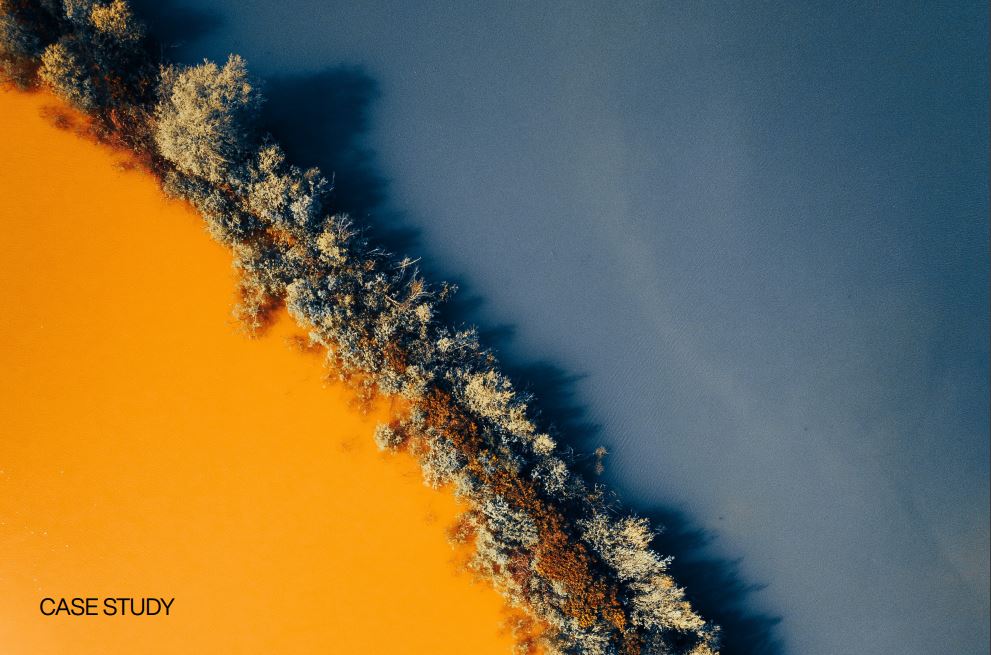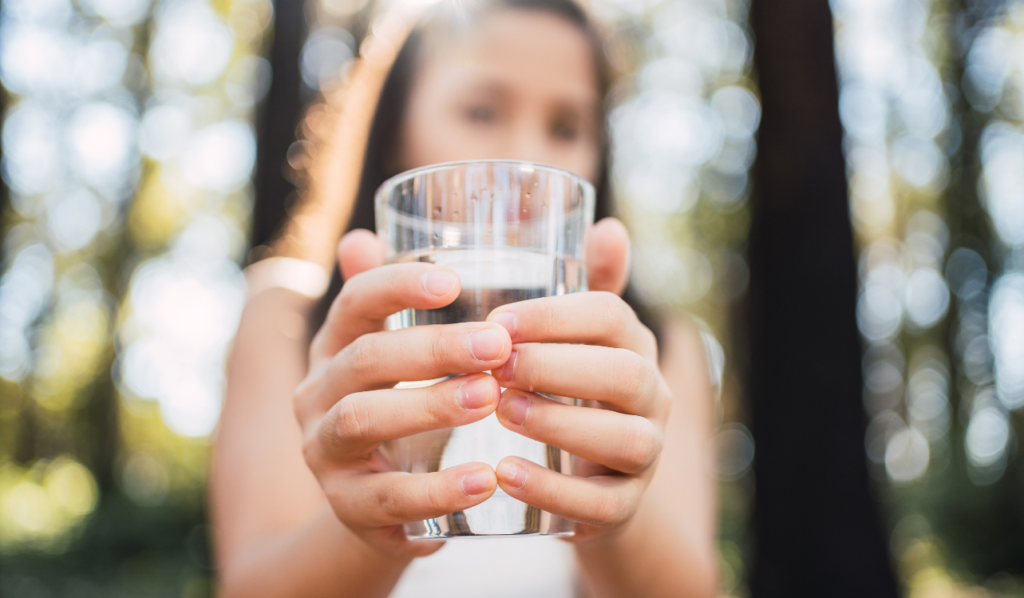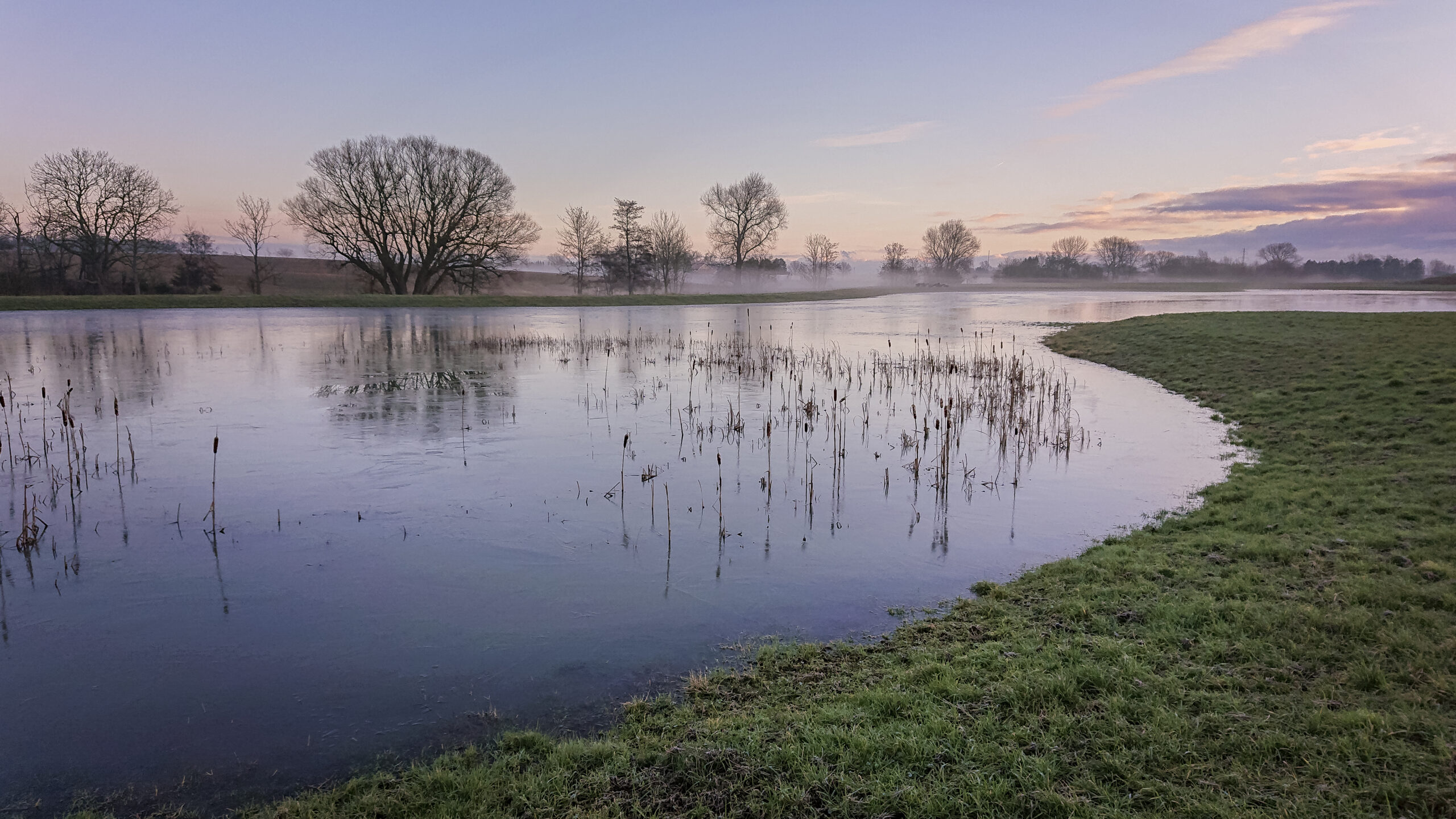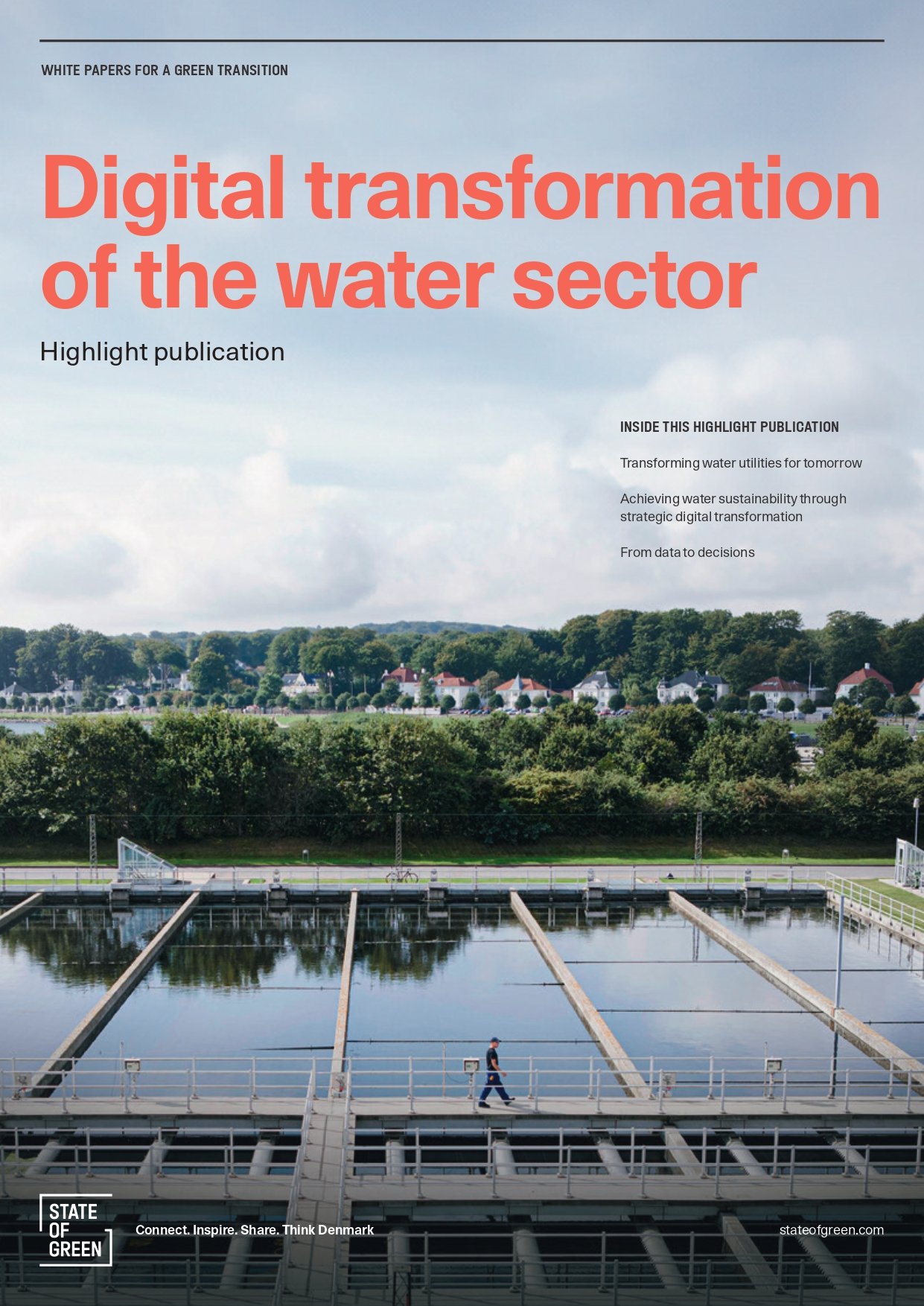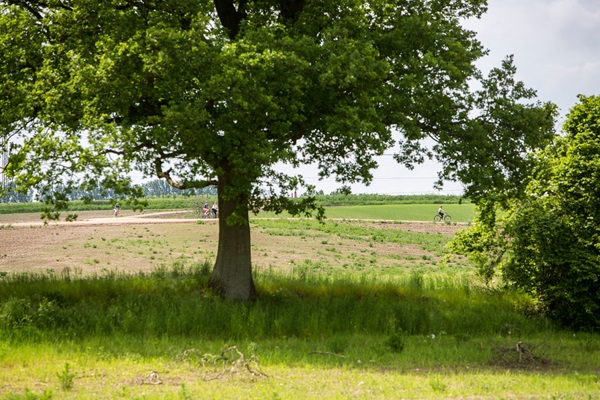News
Urban water management
Wastewater management
Water resource management
+1
Danes’ Water Consumption the Lowest Ever Recorded


The Danish water utility companies are acting in accordance to the highest ideals and delivering their core services at stable prices, which means minimal expenses for households of Danish families.
Key statistics from the water sector in 2016 shows a minimal increase in water prices, a drop in the water utility companies’ operation costs and a clear tendency to slowdown with regard to investments. Furthermore, Danes have reduced their water consumption so much that it has broken the national record. Last year, each Dane consumed an average of only 104 litres of water a day, which is almost two litres less than the year before.
- Related news: The Danes are Saving EUR 40 Million from Efficiency Improvements in the Water Sector
- It is positive that the Danes are helping us protect our water resources. Throughout the last several years, water utility companies have provided public schools and consumers with essential information and advice on how to reduce water consumption. The effect of these efforts are now really coming to show, says the Manager at DANVA, Carl-Emil Larsen.
- Each consumer may benefit from examining their water consumption in both washing- and dish washing machines as well as paying special attention to water consumption from their family’s showers and baths as these constitute the main share of the average 104 litres of water consumed each day per person, says Carl-Emil Larsen.
One litre of water costs DKK 0.07. Normally, lower consumption actually means an increase in the price rate. This is because the same costumers pay for the shared investments. If they pay less, the price increases. However, in 2016, the average water price only increased 1.84 per cent to DKK 66.93 per m3, which is the same standard as the price movement in the remaining society.
- Related news: Miniature Models will Stop Leakages from Water Pipes
Despite the political decision to grant bigger discounts to the wastewater rate for large-scale consumers such as dairies, abattoirs, refineries and breweries, the water expenses for household budgets have dropped with an average of DKK 5500 a year.
The expenses for clean, fresh, monitored water directly from the tap, secure drainage of wastewater, prevention of flooding and protection of groundwater amount to only 1.3 percent of an average family’s annual expenditure. In comparison, electricity amounts to 2.1 per cent while insurances makes up 6.0 per cent of the utility expenses in an average Danish household.
In 2016, the water utility companies reduced their operation costs even further, making it the lowest cost since 2010.
- Related news: New Publication from DANVA: Water in Figures 2016
Denmark is still an evident world champion when it comes to taking care of water resources – this includes the entire process from the moment it is obtained to the moment it reaches the consumers’ taps. Only 7.6 per cent of tap water gets lost during transport. Six years ago, this figure was 9.48 per cent. By having such a low loss of water, Denmark has gained attention internationally in places where tap water is becoming a more and more scarce resource. The technology applied to reduce water loss is also a part of the Danish export of water solutions, which amounted to DKK 19.8 billion in 2016 – a significant increase from DKK 16.9 billion in 2011.
The water utility companies are one of the most important reasons behind this structure. And their responsibility will not decrease in time. DANVA’s benchmarking shows how water utility companies with focused and effective control systems live up to all the expectations from costumers, authorities and legislators.
- Read the full report from DANVA
For more information, please contact DANVA
Head of Communications, Karsten Bjørno at +45 2014 3542 or [email protected]
Consultant, Thomas Sørensen at +45 8793 3565 or [email protected]

